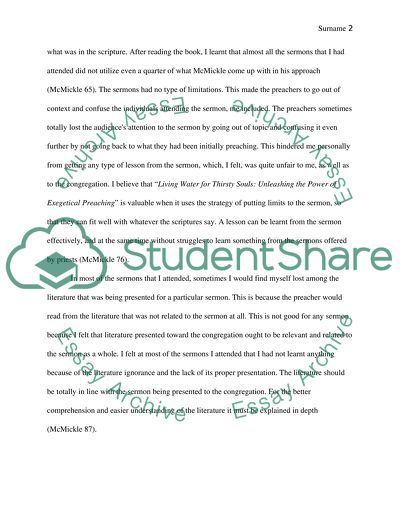Cite this document
(“Living Waters for Thirsty Souls Essay Example | Topics and Well Written Essays - 1500 words”, n.d.)
Retrieved from https://studentshare.org/religion-and-theology/1438684-living-waters-for-thirsty-souls-critical-review
Retrieved from https://studentshare.org/religion-and-theology/1438684-living-waters-for-thirsty-souls-critical-review
(Living Waters for Thirsty Souls Essay Example | Topics and Well Written Essays - 1500 Words)
https://studentshare.org/religion-and-theology/1438684-living-waters-for-thirsty-souls-critical-review.
https://studentshare.org/religion-and-theology/1438684-living-waters-for-thirsty-souls-critical-review.
“Living Waters for Thirsty Souls Essay Example | Topics and Well Written Essays - 1500 Words”, n.d. https://studentshare.org/religion-and-theology/1438684-living-waters-for-thirsty-souls-critical-review.


